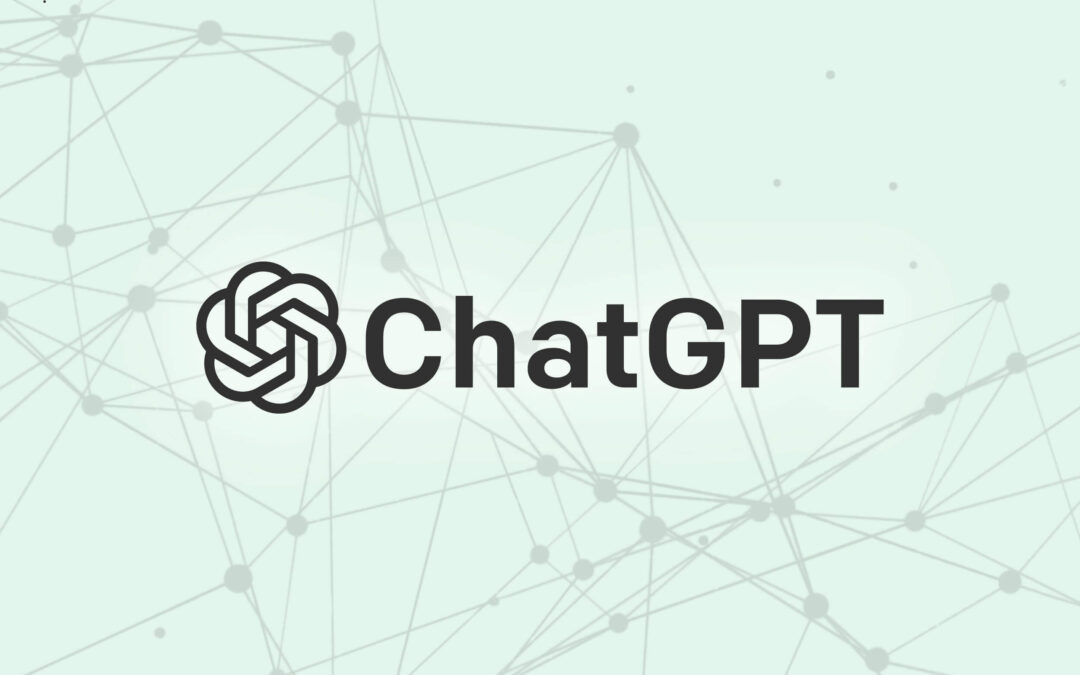Artificial intelligence, particularly advancements in natural language processing (NLP), has truly transformed the business landscape. Tools like ChatGPT offer companies the means to automate customer service, craft content, and even design bespoke user experiences. However, as with all powerful tools, there are associated challenges. Let’s shed light on some potential pitfalls with ChatGPT and how businesses might safely harness its capabilities.
1. The Potential for ChatGPT Misuse
Spreading Misinformation: A significant concern is ChatGPT’s ability to generate misleading content. Malicious users might employ the model to concoct credible yet false narratives. Given the rapid spread of misinformation in today’s digital age, the implications of such capabilities are indeed profound.
Generating Harmful Content: The power of ChatGPT also lies in its ability to produce content that might be deemed inappropriate or damaging, from hate speech to defamatory remarks. Businesses must exercise caution when utilising AI tools in public domains.
2. Unintended Release of Sensitive Information
Utilising ChatGPT or similar platforms could inadvertently lead to the release of confidential business data. If staff members use the tool for tasks involving proprietary data, there’s a risk of this information reaching unintended recipients.
Whilst OpenAI assures that specific user inputs aren’t retained, any digital data transmission carries its own set of risks, whether from cyber-attacks, data breaches, or human oversight.
3. The Danger of Malware and Phishing Endeavours
ChatGPT’s prowess in crafting human-like text can be turned against businesses. Advanced malware campaigns often hinge on social engineering, duping individuals into actions that compromise security.
- Malware: Cybercriminals might utilise AI to craft scripts or codes, which due to their evolving nature, might evade traditional security tools.
- Phishing: By giving the model samples of legitimate business communications, an attacker could churn out convincing phishing emails, enhancing their chances of fooling the recipient.
4. Ethical Implications
If deployed without adequate scrutiny, ChatGPT can raise ethical dilemmas. For instance, crafting reviews, feedback, or user comments can be misleading. Companies leveraging AI-crafted content should be transparent about its origins to maintain stakeholder trust.
5. Safeguarding Against Potential Pitfalls
Oversight and Governance: Businesses should establish oversight bodies or collaborate with external experts to ensure AI tools are utilised ethically and safely.
Training: Employees must be educated about the responsible use of tools like ChatGPT, ensuring they’re well-versed with potential risks associated with revealing sensitive information or over-relying on AI outcomes.
Routine Audits: Implement a regular audit mechanism to inspect the content generated via AI. This not only ensures alignment with company policies but also identifies any misuse early on.
Robust Security Protocols: Employ top-notch security measures, like end-to-end encryption and two-factor authentication, to fortify data and interactions with AI platforms.
In closing, whilst ChatGPT brings a plethora of advantages to the table, businesses must adopt such technologies with discernment. Recognising potential risks and establishing solid mitigation strategies enables companies to benefit from AI without compromising security, reputation, or ethical values.

